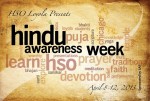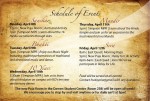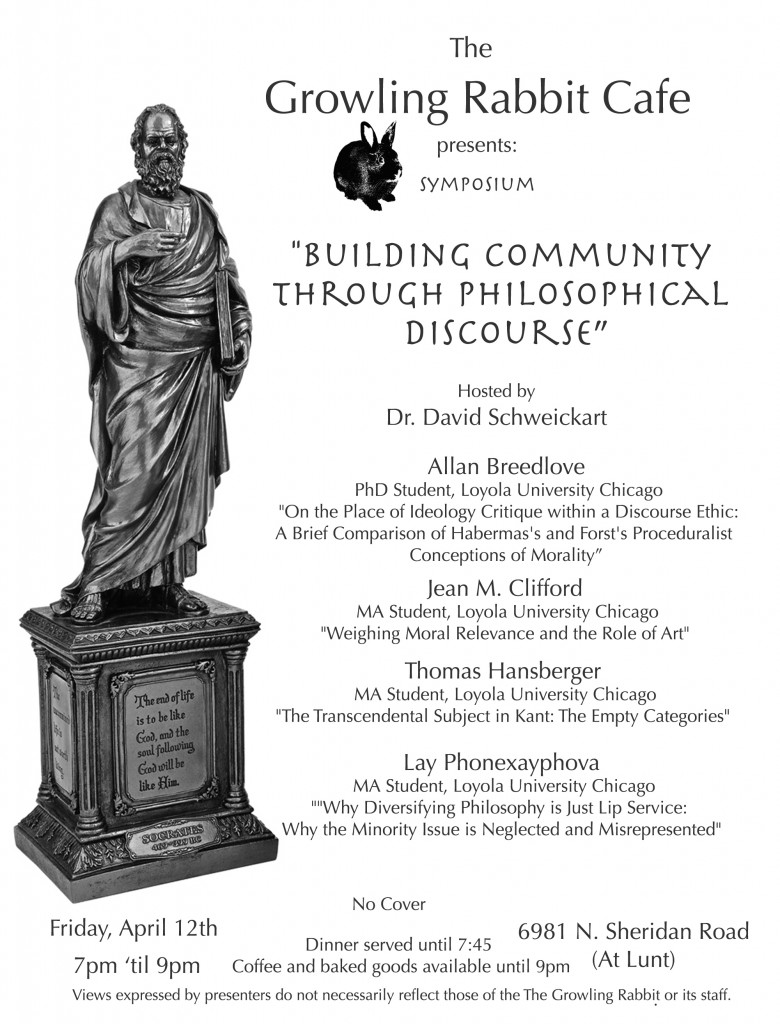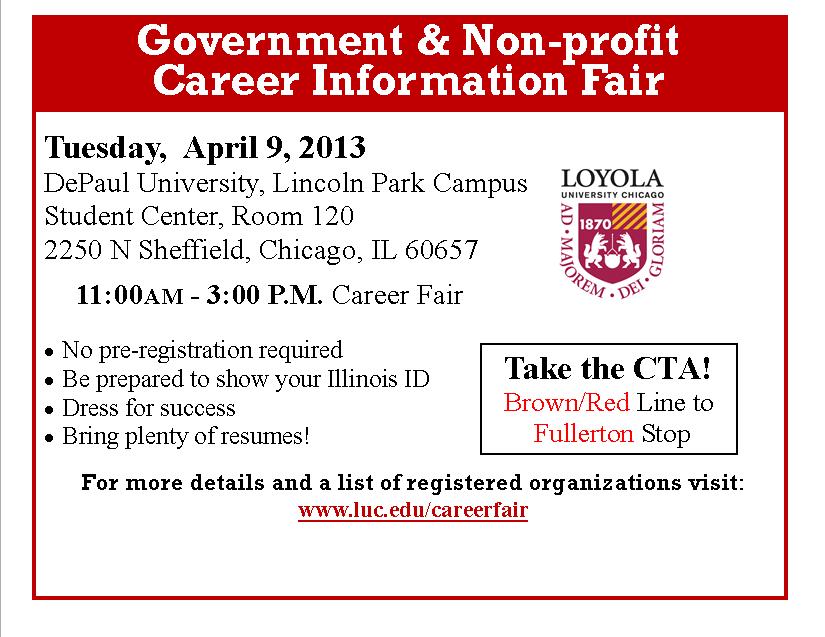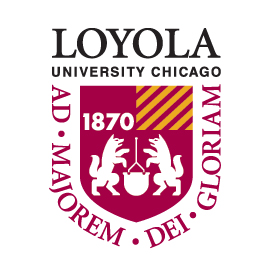Category : graduate
Congratulations, Lay!
CFP: Faith, Film and Philosophy conference, “Of Fairy-stories, Fantasy and Myth”
Call for Papers:
“Of Fairy-stories, Fantasy and Myth”
October 11th & 12th, 2013
Gonzaga University’s Faith and Reason Institute and Whitworth
University’s Weyerhaeuser Center for Faith and Learning are pleased to
announce their Seventh Annual Seminar on Faith, Film and Philosophy,
entitled “Of Fairy-stories, Fantasy and Myth.” The past decade has
seen film adaptations of J.R.R. Tolkien’s The Lord of the Rings, as
well as three of C.S. Lewis’s “Chronicles of Narnia,” and, most
recently, Tolkien’s The Hobbit. Although the immediate inspiration for
our seminar is the release of the first part of Peter Jackson’s
cinematic treatment of The Hobbit, our interest is neither solely nor
primarily in Jackson’s films. Instead, we wish to explore a variety of
cinematic treatments of myth, fairy-story, and fantasy, and to explore
philosophical and religious questions raised by such films. The Star
Wars saga, the various incarnations of the world of Star Trek, the
imaginative world of Pan’s Labyrinth, the Narnia films, Snow White and
the Huntsman, Prometheus, Wrath of the Titans, How to Train Your
Dragon, Arrietty, Ponyo, Hugo, Shrek, Knowing, The Road, After
Earth….These are but some of the films that fall within the purview of
our seminar. Even apart from the content of these films, the genres
touched upon in our title raise very general questions about art,
reality, meaning, and truth. For example, is film an appropriate art
form for mythopoesis? What is the nature of the reality portrayed in
these films? What truth, if any, can films of this sort explore or
convey?
Possible topics for seminar papers include the following, although
proposals on other topics or questions of relevance are certainly
welcome and encouraged.
• What constitutes a literary fantasy?
• What motivates literary fantasies? Is there a psychological payoff?
If so, what is it?
• What is the underlying neurological basis for fantasy? Why do we
fantasize in the first place and what evolutionary value might this
have?
• Gender identity in fantasy and science fiction.
• Social functions of fantasy literature, including political
functions.
• Cinematic treatments of sexual fantasies.
• Revenge fantasies.
• Heroic figures and our fantasies of being like them. (What do Iron
Man and I have in common?)
• Fantasies of the end of the world, their characteristics and
functions.
• Fantasies and reality: since most fantasies are never realized in
actuality, why do we keep having them?
• What’s the difference between a fantasy, whether literary and filmic
and outright hallucination or delusion?
• Criticisms of the work of Peter Jackson.
• Epistemological issues: what can be known by means of a fantasy that
might not be known otherwise?
• The Life of Pi as fantasy.
• Fantasy and possible worlds.
We are particularly interested in popular films from the last 20
years, although the program committee will certainly consider
exceptions to the 20-year rule.
Seminar sessions will take place on Friday (October 11th) and Saturday
(October 12th). Public lectures and other events associated with the
seminar will take place in the days leading up to the seminar. One of
the public lectures will be on the evening of October 11th, when one
of our invited speakers will give a keynote address. The invited
speakers include Michael Foley (Baylor University), Richard McClelland
(Gonzaga University), and Katherin Rogers (University of Delaware).
These invited speakers will also participate as resident “experts”
during the seminar discussions.
Proposals not longer than two pages (double-spaced), and in Word
format, should be submitted electronically to Dr. Brian Clayton at
clayton@gem.gonzaga.edu no later than 30 June 2013, and should include
title, author(s), institutional affiliation (if any), mailing address,
email address, and the text of the proposal. The seminar organizers
will send acceptances by 8 July 2013.
The seminar and its associated public events are part of a series of
jointly-sponsored programs focused on “Faith, Reason and Popular
Culture.” The conviction behind these programs is that if Christian
institutions of higher learning are to respond properly to their
charge to be places where faith seeks understanding, then they must
engage contemporary popular culture. Film is among the most powerful
and important forms of popular culture. Thus, the seminar organizers
seek scholars who will engage in two days of discussion investigating
issues of faith and philosophical import raised by contemporary
popular film. Presenters need not have any formal academic
appointment.
For further information please contact Dr. Brian Clayton, Director,
Gonzaga University Faith and Reason Institute at
clayton@gem.gonzaga.edu.
Publishing Advice from Thom Brooks
SAVE THE DATE! Grad student and faculty end-of-year potluck coming up on May 1st!
6th Annual Interdisciplinary Research Symposium for Graduate School Students, Apr. 20

8:30 AM Registration
9:00 – 10:45 AM Paper Session
11:00 AM – 12:00 PM Poster Session
12:00 – 12:30 PM LUNCH
12:30 – 1:15 PM Faculty Guest Panel
1:30 – 3:00 PM Paper Session
3:15 – 4:00 PM Awards Reception
Namaste! It’s Hindu Awareness Week, April 8-12
Namaste, Philosophy Department!
On behalf of Loyola University’s Hindu Students’ Organization, I would personally like to invite you all to learn more about the Hindu culture and traditions through Hindu Awareness Week during the week of April 8-12. As a growing organization on campus, HSO strives to raise awareness of the Hindu faith and culture throughout our campus. Hindu Awareness Week consists of a series events to help students and faculty learn and celebrate different aspects of Hinduism.
We will be kicking off the week with the opening of the new puja room in Damen 238 with an afternoon prayer followed by a clay diva painting activity. In the evening we will be honoring our Sanskars, or traditions, through a skit about the 16 sacraments. The next day, we will continue learning about Hinduism through Bhakti, or devotion, in our Traditional Music Night. Students will join together and put on performances to show their devotion to their faith. On the third night HSO will celebrate their ten years of success with an extravagant Anniversary Dinner, in which various students and staff will be speaking about their experiences with HSO. The fourth day will consist of a trip to a local temple, followed by a discussion about the Bhagavad Gita. We will be ending the week with yoga on Friday morning, followed by Relay for Life in the evening. All of the details and times for the events are attached in the flyer.
I hope you can join us for this exciting week of events filled with food, activities, and a celebration of the Hindu Students’ Organization’s tenth year in the Loyola Community. Loyola takes pride in being a multicultural and multifaith university, and we’re excited over this opportunity in which we can share our experiences and ideals of Hinduism with you. Please do also share this invitation with whomever you please, the more the merrier!
CFParticipation for graduate students working in aesthetics: ASAGE: Authors, Book Reviewers, Blind Reviewers
Congratulations to Rebecca Scott!
The recipient of this year’s Graduate Student Teaching Award is Rebecca Scott.
We congratulate Rebecca on her teaching achievements. And we want to congratulate the other applicants for the award, all of whom have been successful teachers and taught innovative and engaging courses.
This award will be presented in May at the end-of-year potluck when we will also be honoring graduating students.
Best,
Vicki
Putting more female and non-white authors into your intro-class syllabus
Greetings,
- We would be able to then approach each other and ask “how did you use this particular text?”, “how did it go?”, and so on.
- I would also want to hear of texts written by non-white authors.
- We can more easily access the texts from each other.
Teaching Talk, Friday, Mar. 15
As a part of our teaching group this semester, Rebecca and I have invited two professors to come to Loyola to speak to us about teaching. We’ve invited David Concepcion, a professor at Ball State, and Donna Engelmann, a professor at Alverno College in Milwaukee. Both of them led the teaching and learning seminar that Rebecca and I attended this summer.
They will be discussing learner-centered teaching generally, and particularly topics such as the relationship between feminist ethics and epistemology and teaching, creating community in the classroom, alignment in teaching, and teaching and the job market. We think this discussion will be very helpful for anyone who’s currently teaching or planning on teaching in the next few years.
Their talk will take place on Friday, March 15th at 3:30pm in Crown Center 530. We hope that many of you will attend!
Best,
Christina
PRG Newsletter 3/16
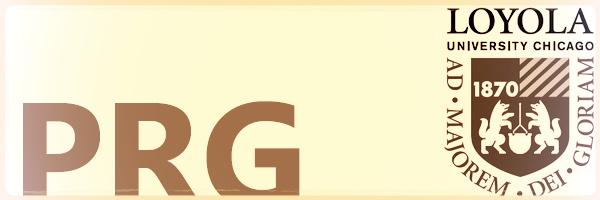
|
Sartre Reading Group: UPDATE
A message from the group’s facilitator, Jake:
The capitalists have been vanquished! So, don’t be afraid to come read a little of the Marxist-tinted writing of Sartre. We will pick up where we left off and read the last part of the introduction (“Critique of Critical Investigation”) as well as the first chapter of the first book (“Individual Praxis as Totalisation”). Meeting time and place will remain the same (Oasis, 9:45pm, 2/12).
If you need a copy of the text or would like more details about the group’s meetings, contact Jake at jnabasny [at] luc [dot] edu.
